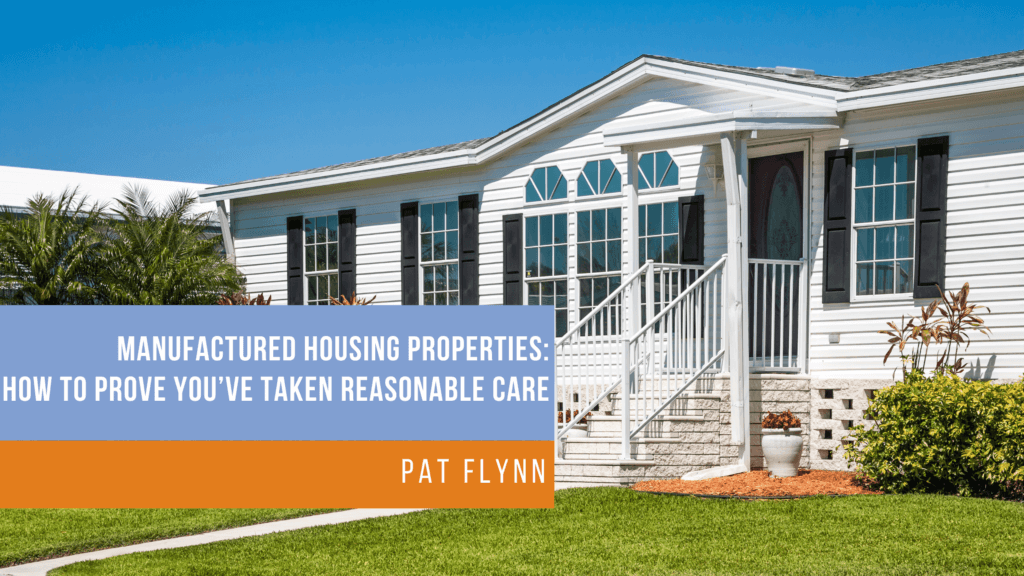Propel provides innovative insurance solutions to thousands of companies across the country. We make it our business to know your world inside and out.
Insights, Manufactured Housing
Manufactured Housing Properties: How to Prove You’ve Taken Reasonable Care
Property managers have a responsibility to their residents. They must take reasonable care to keep the property safe. If this duty is not fulfilled, and especially if a resident or visitor is injured on the property as a result, a lawsuit may follow. Property managers can keep help keep their properties safe and shield themselves from liability by conducting regular, fully documented inspections and make appropriate repairs or precautions.
Swimming Pools, Playgrounds and Other Hazards
The National Safety Council says that around 76% of all preventable injury-related deaths occurred in homes or communities in 2019. This includes 38,600 fatal injuries caused by falls and 3,600 drownings.
Swimming pools are especially dangerous. The CDC says that drowning is a leading cause of death for children. Every day, there are approximately 11 drowning deaths. Playgrounds can also be dangerous. The CDC says that 45% of playground-related injuries are severe and may include fractures, concussions, dislocations, internal injuries and amputations.
But the reality is that serious injuries can happen anywhere. The National Floor Safety Institute says that slip and fall accidents account for more than 1 million emergency room visits. Icy surfaces, broken sidewalks and other tripping hazards can make falls more likely.
Property managers have a duty to provide reasonable care. If they do not take reasonable actions to keep their properties safe, they may face lawsuits. In one example, Pioneer PBS says that the property manager of a manufactured home park in Minnesota is being sued over poor road conditions and unsafe housing.
Lawsuits after an injury are also common. If a resident or visitor slips and falls on the property that you manage, you could be hit with a lawsuit.
Fulfilling Your Duties as a Property Manager
Don’t wait for a resident to complain or worse, be injured. Conduct regular inspections of the property and use a checklist to document your actions. Checklists improve outcomes and they withstand the test of time.
If you’re on a witness stand three years from now, and you are asked if you know for sure that there was a sign posted inside the exercise room warning residents to use the gym at their own risk on July 15, 2018, what will you say?
“I think so,” won’t cut it.
On the other hand, if you pull up an electronic log of your inspections and you can easily look back to July 15, 2018 and see that the sign was checked as present and in good condition that day, your case is much stronger.
Train your team to follow these three rules:
- Your inspections should be thorough. You need to check both interior and exterior areas for potential hazards.
- Your inspections should be documented. Meticulous documentation is the best way to show that inspections are being conducted regularly. If you are sued, this documentation may be used in your defense. In a lawsuit, opposing council will have a hard time convincing a jury that there was not an effort to protect to protect tenants and guests.
- Repairs must be made promptly. If hazards are identified, they must be corrected ASAP.
Propel offers a Manufactured Housing Communities Safety & Inspection Checklist that details specific hazards you should check for regularly. Contact us to obtain a free copy.

Pat Flynn
Pat Flynn has managed risks for transportation as well as moving and storage clients for more than two decades. In that time Pat has developed an understanding of the challenges clients face like few other professionals in the country. More about Pat...


